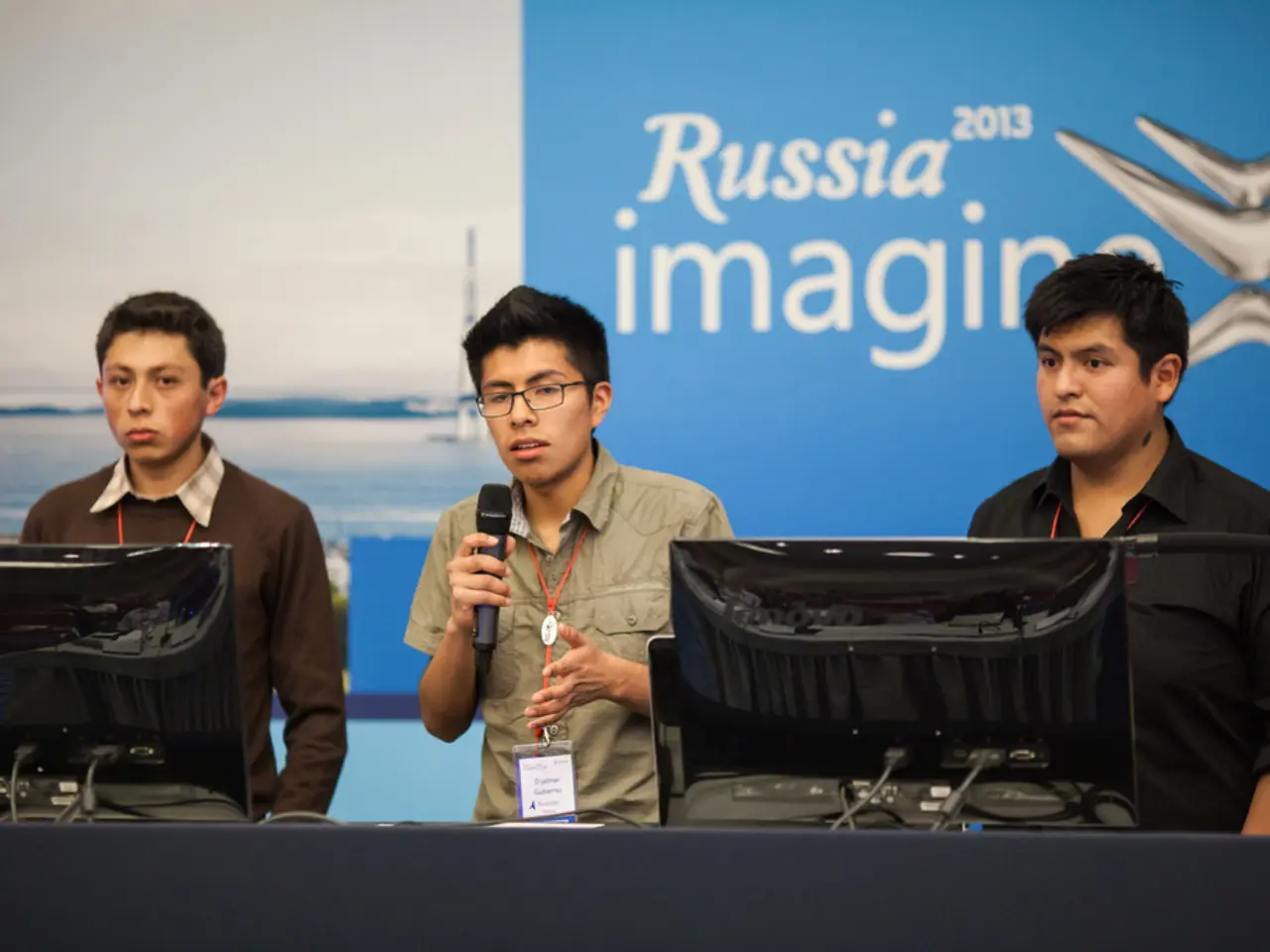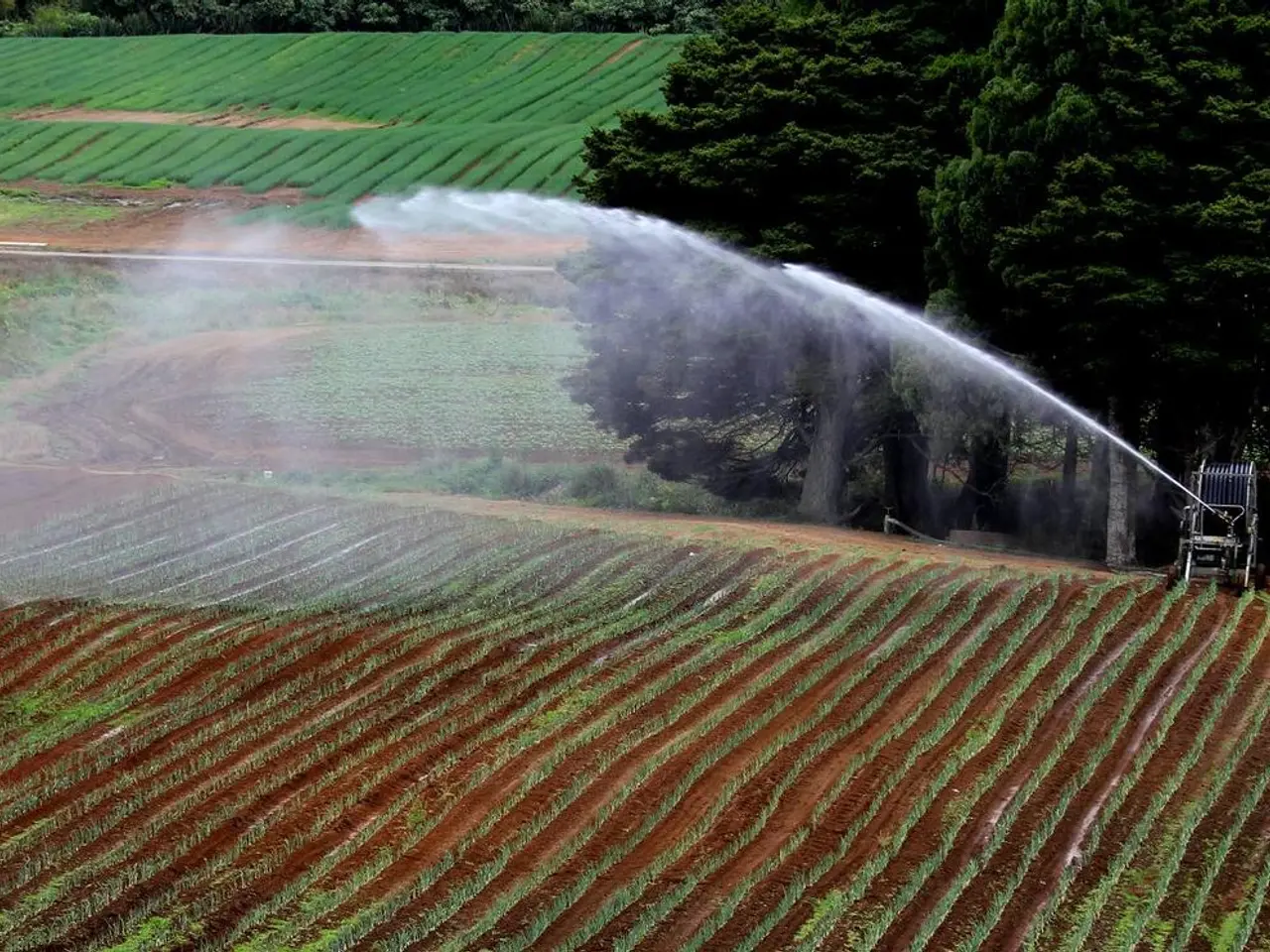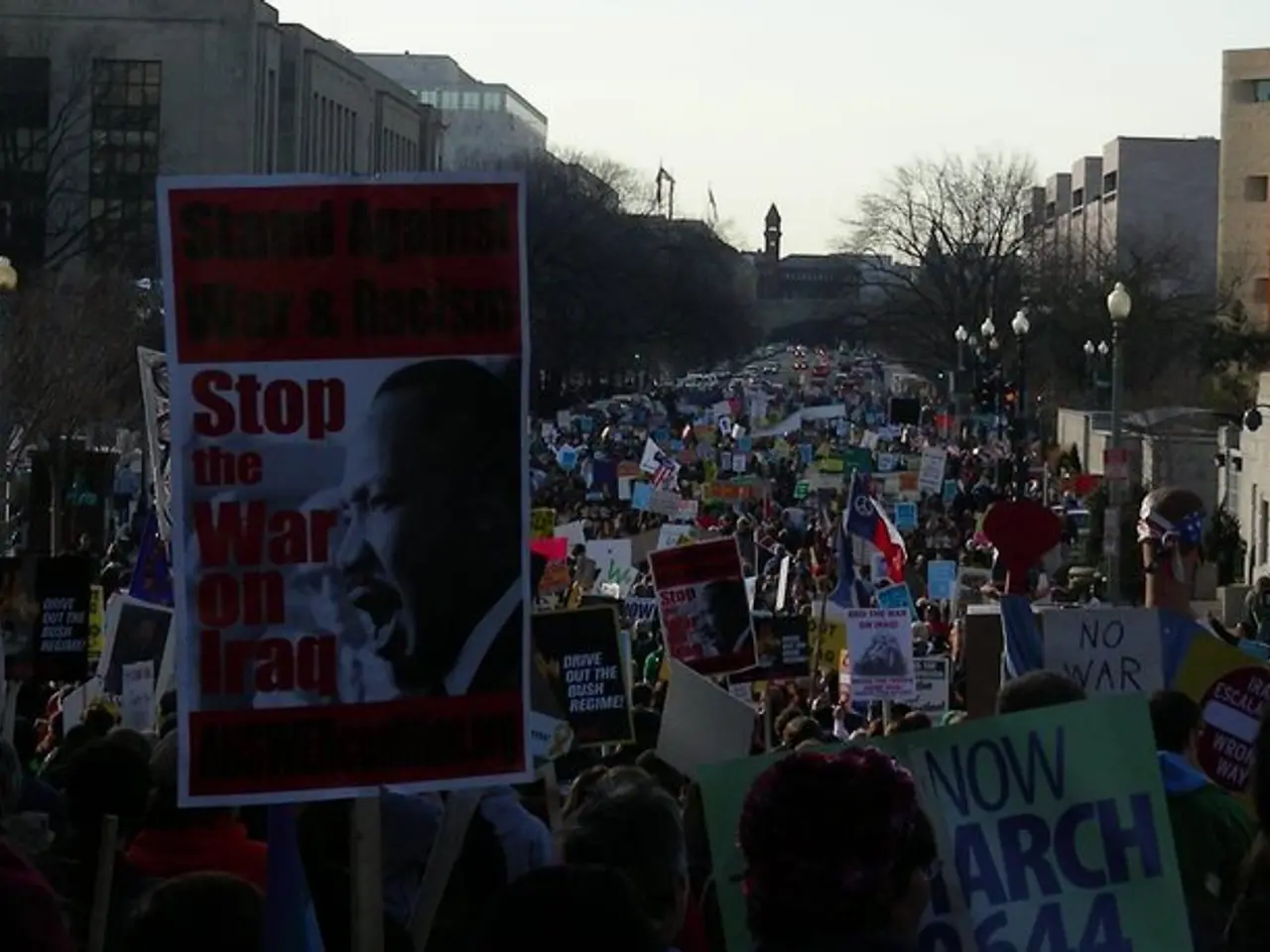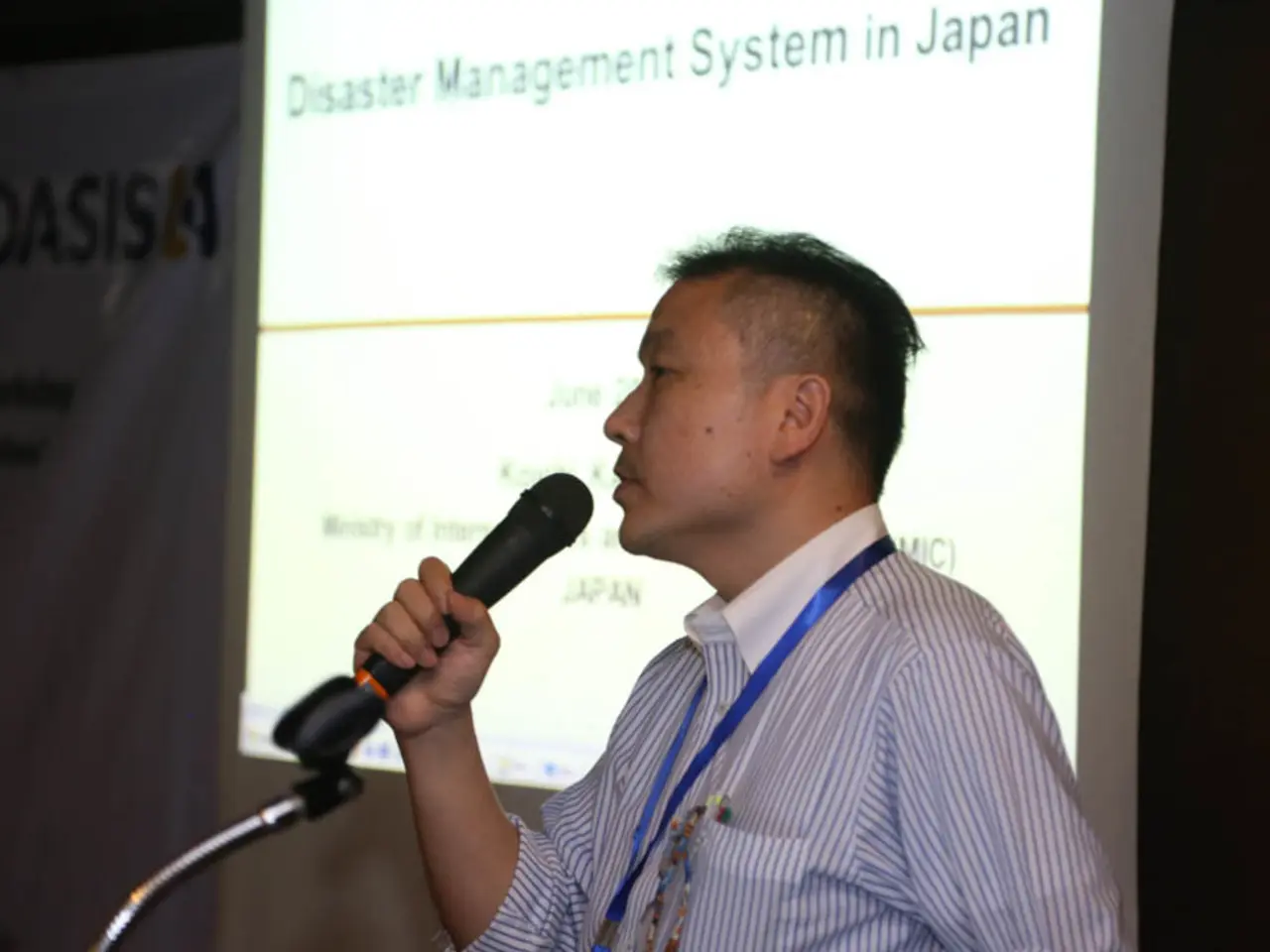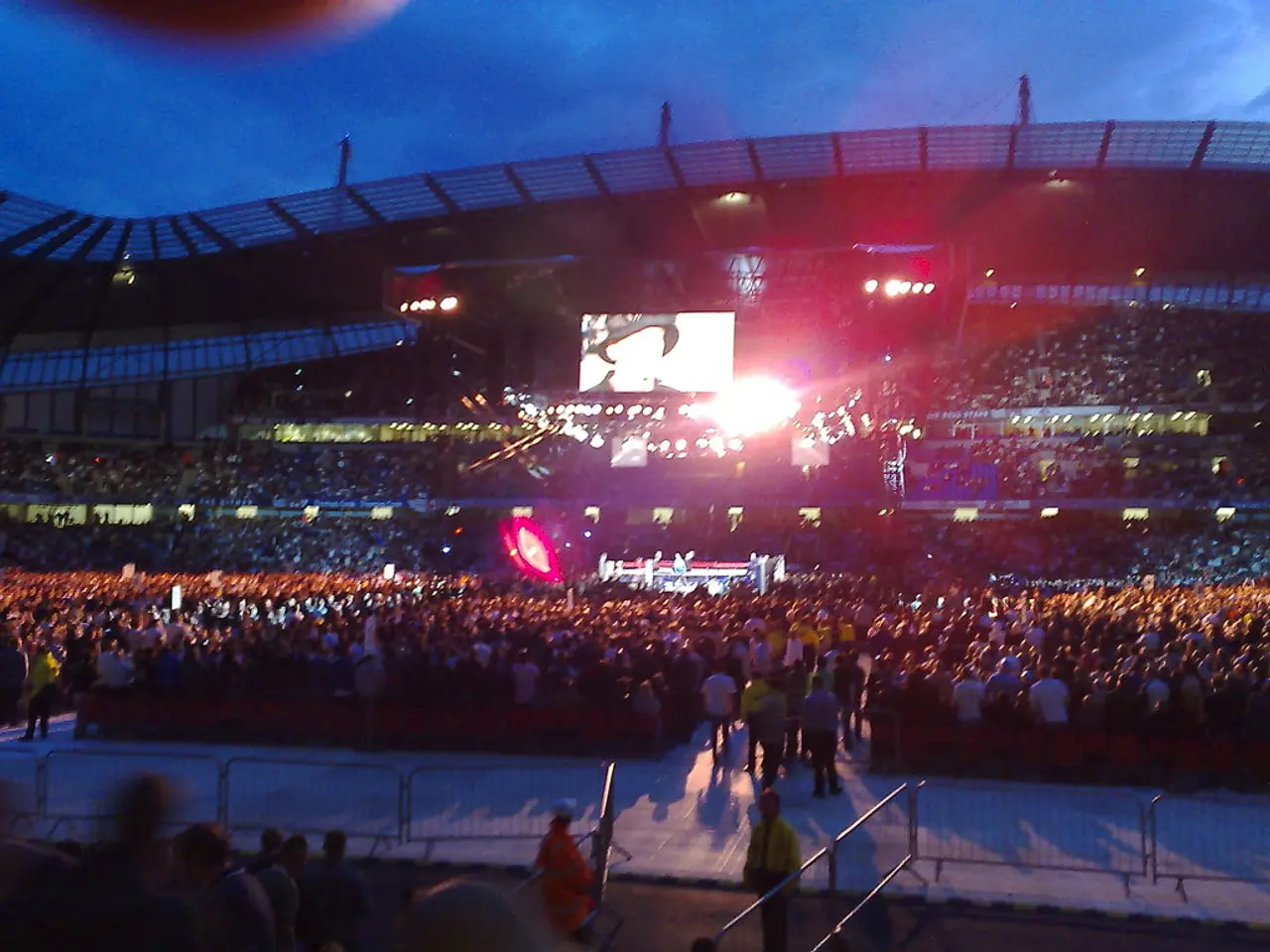Negotiations between Russia and Ukraine could potentially resume on July 23-24 for their third round of direct discussions.
The third round of direct talks between Russia and Ukraine took place in Istanbul on July 23, 2025, hosted by Turkish Foreign Minister Hakan Fidan. The discussions focused on conflict cessation, negotiation frameworks, and potential terms for peace.
Russian President Vladimir Putin described the talks as “positive, in general,” but maintained his refusal to halt the war. Despite the ongoing conflict, the talks marked a cautious advancement in dialogue, suggesting some progress towards dialogue but with no definitive breakthrough to end the war so far.
Key issues discussed in these talks included ceasefire arrangements and stopping active hostilities, potential terms for peace negotiations or conflict resolution efforts, security guarantees, and humanitarian concerns for civilians. However, specific humanitarian outcomes from this round have not been detailed in the sources.
Ukraine's memorandum demands a full and unconditional ceasefire on land, sea, and air, as well as security guarantees from the international community. Russia's conditions offered in 2022 in Istanbul were "significantly softer," according to Putin.
The American side has confirmed its plans to continue contacts with Moscow "at any opportunity." On June 27, Putin noted that the Russian and Ukrainian documents were "completely opposite" to each other. On July 19, it was reported that Kyiv's initiative to start the next round of talks with Russia could have been coordinated with Washington.
Ukrainian President Volodymyr Zelensky called Moscow's demands an ultimatum, while Ukrainian Foreign Minister Andrei Sibiga stated that Kyiv is ready to continue the dialogue "at any time and in any place."
The first round of talks in the Russia-Ukraine-Turkey format took place on May 16 in Istanbul. The theme of the talks was ensuring "reliable and sustainable conflict resolution" taking into account the "initial causes" and recognizing the inclusion of the DNR, LNR, Kherson and Zaporizhzhia regions in the composition of Russia. During the meeting, the sides agreed to present their vision of the possibilities of future ceasefire.
The second round of direct talks between Russia and Ukraine took place on June 2, with the parties exchanging memorandums with proposals for a ceasefire. Russian President's press secretary Dmitry Peskov stated that Moscow is ready for the third round of talks with Ukraine, but Kyiv "is clearly not in a hurry" with the proposal on dates.
On June 18, at the St. Petersburg International Economic Forum (SPIEF), Putin stated that Ukraine should sit down for talks as soon as possible. Ukrainian President Zelensky asked the Secretary of the National Security and Defense Council of Ukraine Rustem Umerov to "activate the negotiation track."
On July 14, US President Donald Trump expressed his disappointment with Russia's position on the Ukrainian settlement. Trump set an ultimatum for Moscow, threatening to impose 100-percent secondary tariffs against Russia if a peaceful agreement on Ukraine is not reached within fifty days.
Trump also threatened punishment for supporting "anti-American policy" of BRICS. However, these statements are not directly related to the Russia-Ukraine talks.
The third round of talks between Russia and Ukraine is scheduled to take place next Wednesday or Thursday, July 23 or 24, in Istanbul. The talks are expected to discuss a limited range of issues related to humanitarian aid, prisoner exchange, infrastructure security, and border protection measures.
Vladimir Putin, despite describing the talks as "positive, in general," maintained his refusal to halt the war-and-conflicts between Russia and Ukraine. Despite this, the ongoing discussions in the politics sphere indicated a cautious advancement in dialogue, potentially leading to progress towards resolving the war, with key issues including ceasefire arrangements, peace negotiations, security guarantees, and humanitarian concerns.
Following the third round of talks, the American side confirmed its plans to continue contacts with Moscow, while Ukraine's President Volodymyr Zelensky called Moscow's demands an ultimatum. General news outlets have reported that the upcoming talks will focus on a limited range of issues, such as humanitarian aid, prisoner exchange, infrastructure security, and border protection measures, but have yet to detail specific humanitarian outcomes.
